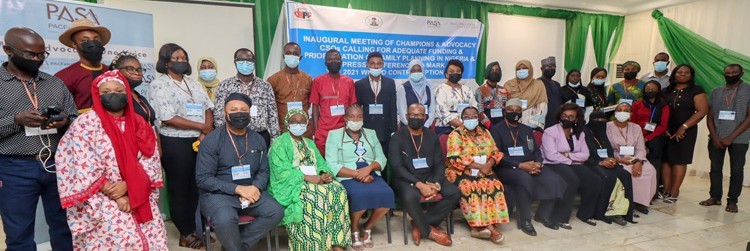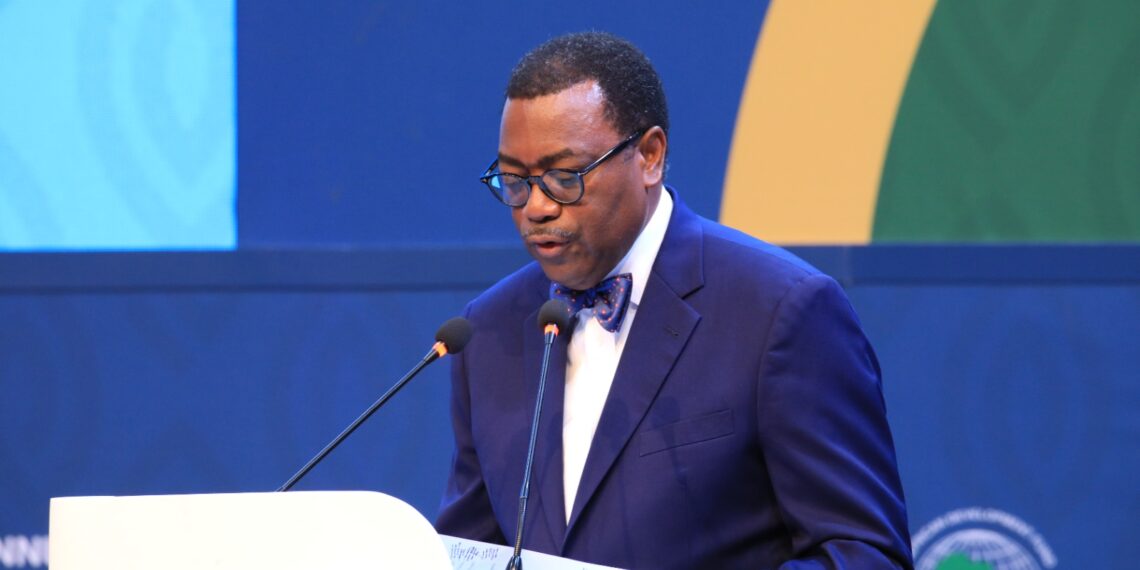
Civil Society Organizations Commemorate World Contraception Day 27th September, 2021
- Health Sector
- No Comment
- 242

Civil society organizations (CSOs) during the inaugural meeting of champions and advocacy CSOs calling for adequate funding and prioritization of family planning in Nigeria have called on the government to support family health in Nigeria in commemoration of World Contraception Day (WCD).
Family planning investment is key to national development.
The CSOs are pleased to take note of the recent activities of government like the launching of the National Family Planning Blueprint (2020-24), the launching of the RMNCAEH+N multi-stakeholders’ coordination platform and the FP2030 recommitment process to support the coordination and effective delivery of family planning. All in the bid for increasing access to accurate information on Family Planning (FP) commodities and increased awareness of the benefits of modern family methods. Stakeholders collaboration is necessary for Nigeria.
In Nigeria, World Contraception Day 2021 comes at a time when the Federal Government of Nigeria and many state governments have signalled their commitment to increase modern family planning services delivery for women and men of reproductive age in the country.
The 2020-2024 National Family Planning Blueprint of the Family Health Department of the Federal Ministry set out government’s commitments, objectives, and vision for modern FP service delivery in line with the government’s FP 2030 agenda.
As CSOs in Nigeria, we are committed to improving child and family health in Nigeria. We believe that access to modern contraceptives gives families a chance to practice healthy timing between births; reduces the risk to the mother; contributes to the survival of living children; and the health of the nation. Child spacing will increase economic participation of women, mother lives, child survives. If we do not plan for the future, we would have a place on the table of the future. Family planning is the most important tool to deliberately plan for the future, if we want a prosperous one.
However, the Nigerian government committed to a 27% modern contraceptive prevalence by 2020; to date, the rate is only 12%. A key reason for not meeting this national target is the inadequacy of FP financing. Year after year the Federal and State governments allocate funds in annual budgets for contraceptive procurement; logistics; provider training; and for service provider task shifting and sharing. Year after year funds allocated are either not released, released late, or not in alignment with Costed Implementation Plans. if government increase funding at all tiers, timely release and accountably use these funds, we will begin to reap the dividends of demography.
The CSOs also called for investment in adolescence health to promote quality reproductive health among youth population in Nigeria.
Family planning is everyone’s responsibility, hence, re-education on family planning is key.
As CSOs in Nigeria, today with one voice, we call on the government of Nigeria to prioritize family planning on its agenda to reap the dividends of demography and to release the 2021 budgetary allocation for family planning while applying the same results-based management approaches used in the COVID-19 fight to family planning programming in Nigeria.





